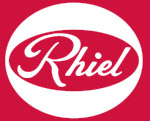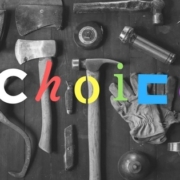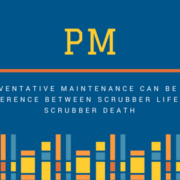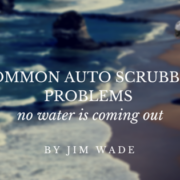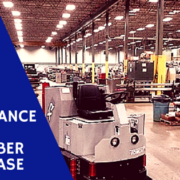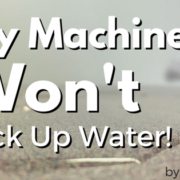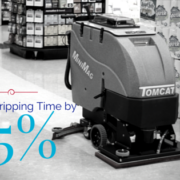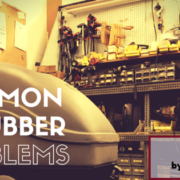Choosing the Right Cleaning Equipment
When purchasing cleaning equipment to be used to clean your facility there are several factors to consider. This applies to all types of equipment ranging from vacuum cleaners, floor machines, burnishers, and carpet extractors to larger pieces such as battery powered automatic sweepers and scrubbers.These factors include the Life cycle of the equipment, the Cost of ownership, the Production rate, and How likely your machine operators are to use it. I will address these individually in separate articles. If any of these factors are questionable, you are probably looking at the wrong piece of equipment for your application.
Cleaning equipment comes in many different brands, shapes, and sizes and are designed to be used in many different applications. Many cleaning equipment manufacturing companies specialize in niche products to be used in specific applications and are unique to specific cleaning challenges. These have to be taken into consideration when going through the purchasing process. In any case, in most situations, equipment should be demonstrated in your facility, on the floor surface to be cleaned, by the piece of equipment you are considering for purchase. Don’t cut corners. Use the equipment during the demonstration the way you plan on using it once you own it. This should eliminate any buyer’s remorse that may occur after the purchase. If you carefully plan what type of equipment you need, how it’s going to operate, how much production you will get out of it, how long it will last and ensure that it fits into your budget requirements, your expectations should be met. Just plan your decision around the following key factors and the cleaning equipment you purchase should provide the results you want and need.
LIFE CYCLE:
The life cycle is a pretty simple concept. How many years do you expect to get out of a particular piece of equipment? There is the old adage “You get what you pay for”, and that is certainly true here. In theory, the more you pay for a machine, the longer it will last. But this isn’t always the case. Look at the components of a particular machine. If the components are the same, the life expectancy should be close to the same. For example, if a floor machine has a metal triple planetary gear box, 2 capacitors, and safety locks on the handles, you’re probably looking at a decent machine. The prices may vary by $500.00 or more.
Maybe one manufacturer will use plastic in certain areas, where another will use steel or aluminum. This may be acceptable to you, or maybe the cosmetic metal components are worth the extra price. If you expect your equipment to withstand a lot of daily abuse, the extra money may be worth the heavier metal components. You have to decide. But the real question is, “How long do you want it to last?”.
If you are a private company buying an automatic scrubber who watches its bottom line you will probably say you want it to last as long as possible. You will perform all the daily, weekly, and monthly maintenance necessary to ensure a long life. You may be willing to pay more for a machine that lasts longer and your biggest concern is getting the best possible Return On Investment you can on the purchase.
However, if you are a contractor who has to purchase a new scrubber for a cleaning contract, price is a major issue. You may want to invest the least amount you can in a machine that has the potential to last just long enough to complete the contract. This enables you to increase your profit margin, complete the contract, and not have to worry so much about maintenance expense.
So you see, the type and price of a machine are dependent on your anticipated life cycle. The average life of an automatic floor scrubber is about 7 years. But this can vary drastically. Manufacturers who cater to contractors may build more units with a shorter life span while manufacturers who build for private industry may build equipment with a much longer life cycle. In any event, make sure you know the type of equipment you need and the duration you will need it.
In the next 3 articles, I will address Cost of Ownership, Production Rate, and Will Operators Use It?
If you have any questions or concerns please contact us at The Rhiel Supply Company, www.rhiel.com.
